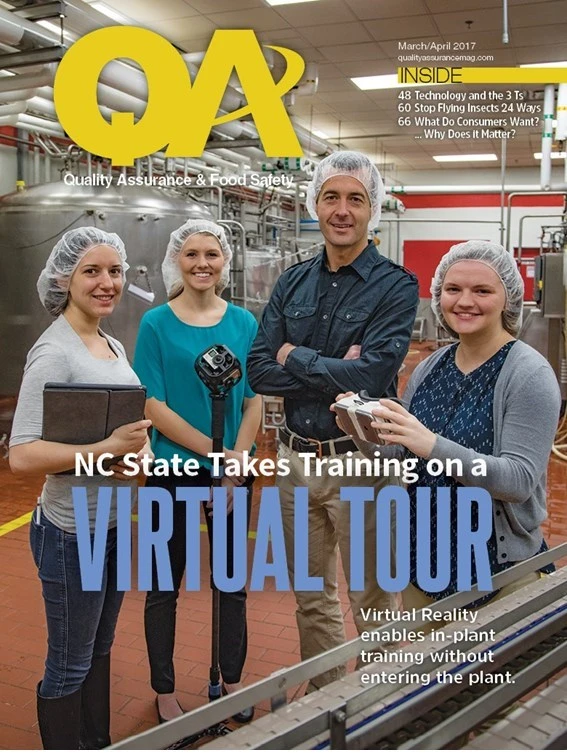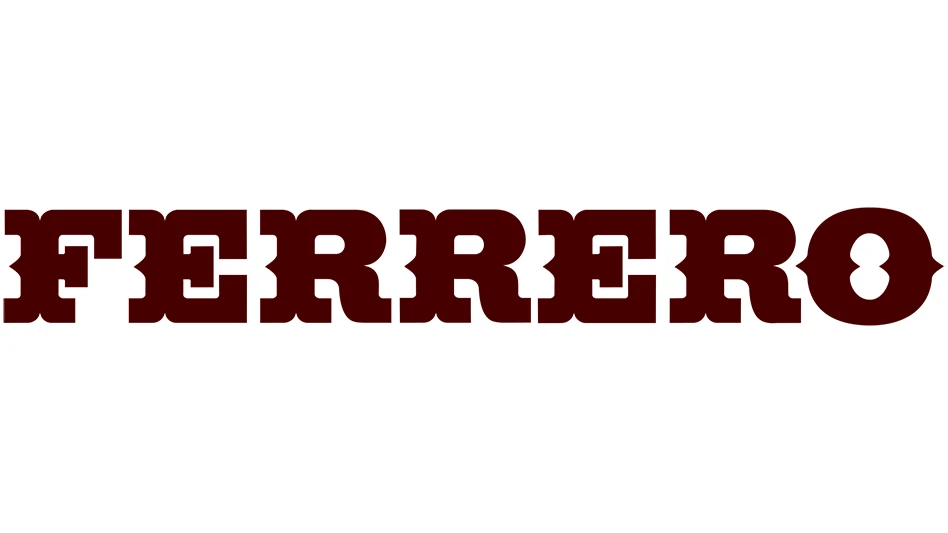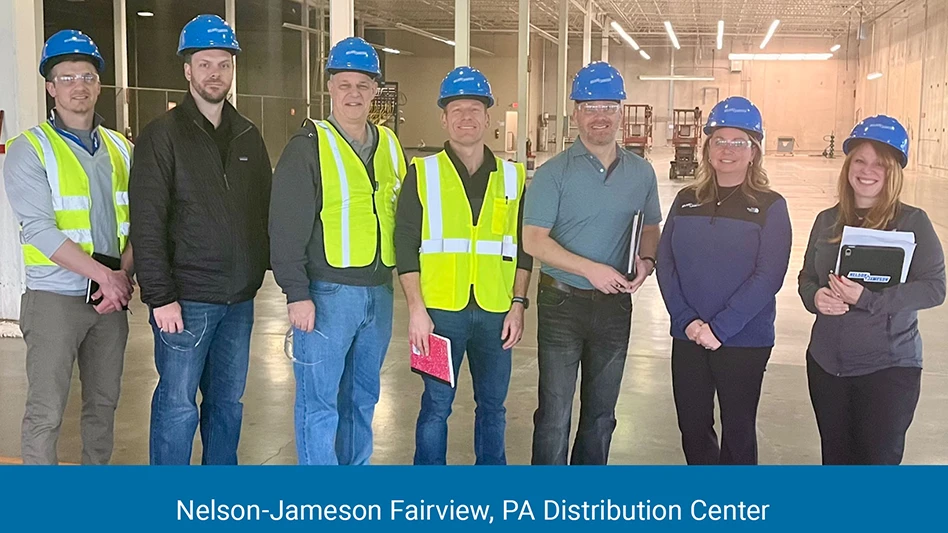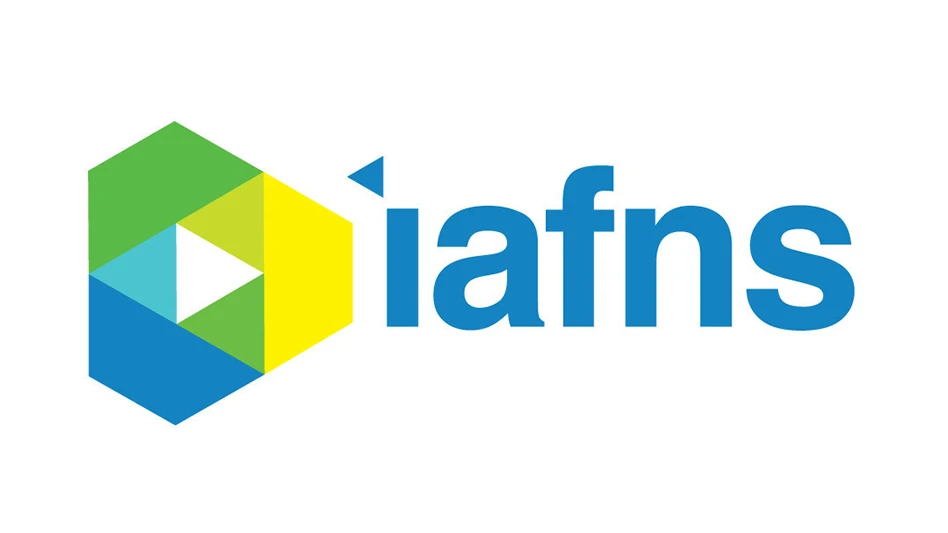
Prior to joining AIB’s team of food safety professionals, I spent 10 years working in the food industry for two of AIB’s largest clients. Both companies were audited twice each year by AIB and both audits were unannounced. At the time, no other outside audits (other than FDA inspections) were unannounced. There were no GFSI certification scheme audits, although the plants would occasionally receive a customer or supplier audit or visit. So, my experience in the field was with unannounced audits. I did not realize that some plants receive scheduled audit notifications — in some cases up to eight weeks in advance.
Now that I’ve been on the other side of the audit for 20-plus years as an inspector providing both announced and unannounced audits, I am glad I had the experience of navigating unannounced audits from the client perspective. It is human nature to relax or drop your guard until you get close to audit time if you know exactly when to expect it. This creates an entire set of issues. Plants that do not know when to expect the visit from their third-party auditors are likely to be more diligent at ensuring that their documents, operations, and personnel are continually prepared. When you’re always potentially hours away from an unannounced visit, you’re more likely to ensure everything is in place.
Creating a 24/7 audit-ready operation is all about cultivating a food safety culture with an understanding of the importance of following the prerequisite programs and the implications if the food safety plan derails. In my own industry experience, there were a few things that helped us ensure we would be ready whenever our unannounced visit began.
First, we conducted regular inspections of the entire facility. Small facilities can generally conduct quality self-inspections in one day, but large facilities should consider dividing their plants into four areas or zones that are inspected weekly. When you try to perform a self-inspection of a large facility in one day, it is difficult to stay on course due to all the other duties that self-inspection team members have. What often happens when you try to inspect too large of a facility in one day is that the first part of the inspection is detailed and thorough, then the inspection tends to go quicker as the audit continues, so key items and areas are often overlooked.

Our team also would switch up the inspection and conduct it in different areas and on different days, so employees could not predict the day or area in which inspections would occur. We added variety to the routine.
Another key for success was to prepare the employees. Regular meetings were held with all departments to discuss self-inspection and internal audit results, and to keep them alert to the third-party audit that could occur any day. Keeping employee morale high during this time was very important. It is like getting ready for a surprise party, but not knowing when it would occur. There were certain areas of the plant that were assigned to departments for compliance. Everyone had a small role which was part of the big picture of ensuring the plant was ready for any visit.
Documentation was one of the last items that we would look at. This included maintenance records and work orders, master cleaning schedules, and even employee training records. Now that FDA can view more records under the Food Safety Modernization Act, it is very important that these documents are complete and accurate at all times.
The self-inspection concept is similar to mock recalls. You’re testing systems to ensure they are ready for the real event. The time to find out that there are gaps in your food safety system is not when your third-party auditor or FDA inspector is in the building. Test your systems regularly so that when the auditor arrives you are ready and able to perform.

Explore the April 2017 Issue
Check out more from this issue and find your next story to read.
Latest from Quality Assurance & Food Safety
- Penn State Offers Short Course on Food Safety and Sanitation for Manufacturers
- USDA Announces New Presidential Appointments
- FDA to Phase Out Petroleum-Based Synthetic Dyes in Food
- IFT DC Section to Host Food Policy Event Featuring FDA, USDA Leaders
- CSQ Invites Public Comments on Improved Cannabis Safety, Quality Standards
- Registration Open for IAFNS’ Fifth Annual Summer Science Symposium
- Leaked White House Budget Draft Proposes Shifting Inspection Responsibilities from FDA to States
- Chlorine Dioxide: Reset the Pathogenic Environment






